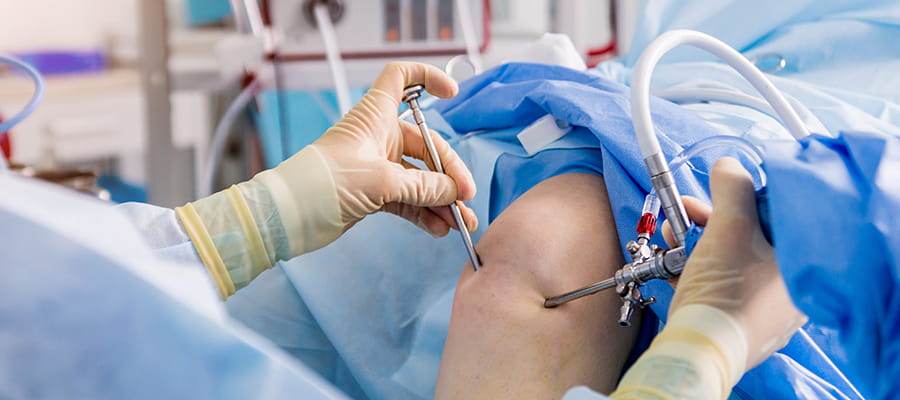Musculoskeletal conditions significantly impact a person’s ability to move and perform daily activities. As per the experts doing ABA therapy in New York, individuals with autism face unique challenges in their musculoskeletal health. It’s in the Orthopaedic Department where these conditions are primarily addressed. With a focus on diagnosing, treating, and preventing musculoskeletal disorders, this department is a cornerstone of comprehensive healthcare. This blog post will explore the contribution of the Orthopaedic Department in managing musculoskeletal conditions.
Understanding the Orthopaedic Department
The Orthopaedic Department is a specialised unit within a hospital devoted to the care of patients with musculoskeletal conditions. This includes disorders affecting bones, joints, muscles, ligaments, tendons, and nerves. The department is staffed by orthopaedic surgeons, rheumatologists, physical therapists, orthopaedic nurses, and other healthcare professionals.
Key Contributions of the Orthopaedic Department
The Orthopaedic Department provides a wide range of services, all geared towards managing musculoskeletal conditions effectively.
-
Diagnosis of Musculoskeletal Conditions
The first step in managing a musculoskeletal condition is accurate diagnosis. Orthopaedic specialists use a variety of diagnostic tools, such as X-rays, MRIs, and CT scans, as well as physical examinations and patient history, to diagnose conditions ranging from fractures and dislocations to osteoporosis and arthritis.
-
Treatment of Musculoskeletal Disorders
Once a diagnosis is made, the Orthopaedic Department is responsible for devising and implementing a treatment plan. This may involve non-surgical methods such as medication, physical therapy, and lifestyle modifications. In some cases, surgical intervention may be necessary.
-
Rehabilitation and Physiotherapy
The Orthopaedic Department also oversees rehabilitation and physiotherapy, particularly following an injury or surgery. This includes creating custom rehabilitation plans and supervising physiotherapy sessions to help patients regain strength, flexibility, and mobility.
-
Preventive Measures and Education
Orthopaedic specialists also play a key role in preventing musculoskeletal conditions. This involves educating patients about injury prevention, proper posture, ergonomics, and other ways to protect their musculoskeletal health.
-
Research and Advancements
Many Orthopaedic Departments are involved in research aimed at developing new treatments and surgical techniques for musculoskeletal conditions. This not only contributes to the advancement of the field but also enhances patient outcomes.
Conclusion
The Orthopaedic Department makes a substantial contribution to the management of musculoskeletal conditions. Its comprehensive approach, from diagnosis and treatment to rehabilitation and prevention, helps patients maintain and restore their musculoskeletal health. As research progresses and new treatments are developed, the Orthopaedic Department remains a key player in translating these advancements into improved patient care.

